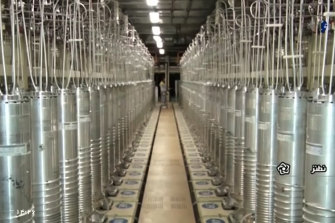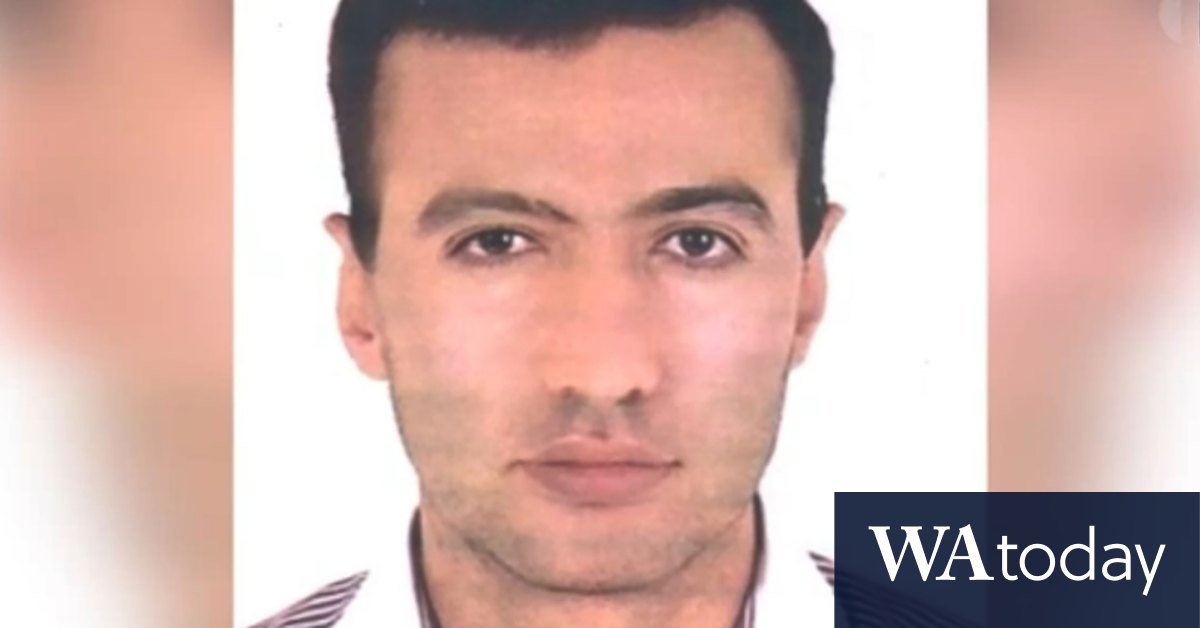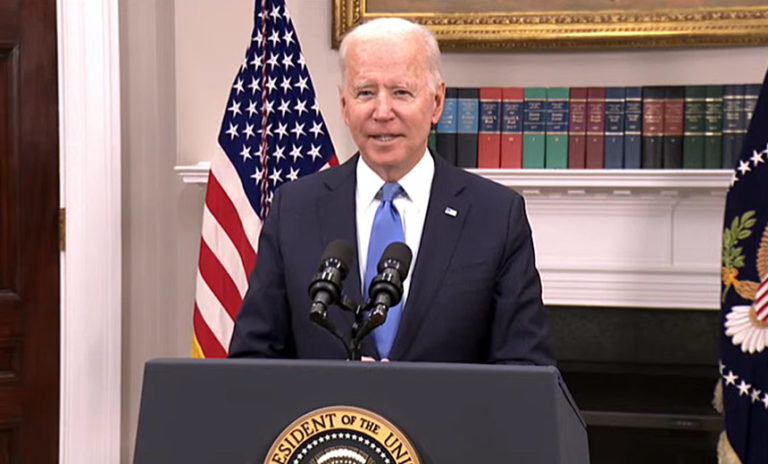Iran state television names suspect in Natanz nuclear facility attack
Istanbul: Iranian state television on Saturday named a suspect in an attack earlier on a critical nuclear site and provided new purported details about the nature of the attack, saying it involved a “small” blast caused by an explosive device. The suspect reportedly fled the country.
Iranian officials had previously said the attack, on April 11 at the Natanz nuclear site, was the result of unspecified sabotage carried out by Israel that had caused a blackout and a fire that had damaged centrifuges. Israeli media outlets reported that the facility had been targeted by a cyberattack carried out by the Mossad, Israel’s intelligence service. Israel has not commented on the allegations.

An image from video released by Islamic Republic of Iran Broadcasting shows centrifuge machines at the Natanz nuclear site. Credit:IRIB/AP
Natanz houses thousands of fast-spinning centrifuges, the machines at the core of the uranium enrichment process. Even a small disruption can harm delicate internal components, nuclear experts say.
Loading
The diplomatic fallout from the Natanz incident threatened to be as significant as any physical damage. Days later, Iran announced that it was increasing its uranium enrichment to 60 per cent purity – a provocative, threefold increase over its previous enrichment levels. Iran’s announcement came in the midst of delicate negotiations in Vienna intended to revive the 2015 nuclear deal between Iran and six world powers, threatening to upend the talks.
The report Saturday by Islamic Republic of Iran Broadcasting (IRIB) said an explosion, caused by an unspecified device, had destroyed part of the power supply to the “centrifuge hall” at Natanz, and that there had been no cyberattack. Iranian intelligence officials had identified the suspected perpetrator as Reza Karimi, 43, and said he hailed from Kashan, about an hour’s drive north of Natanz, the report said.
It did not specify what role Karimi had played in causing the explosion, or whether he was affiliated with any foreign intelligence agency, but said he fled Iran an hour before the incident.
The report showed what IRIB claimed was an Interpol “red notice” for Karimi, or a request for help from other law enforcement agencies in apprehending a suspect. But a search of Interpol’s website Saturday did not turn up any mention of a red notice for Karimi.







